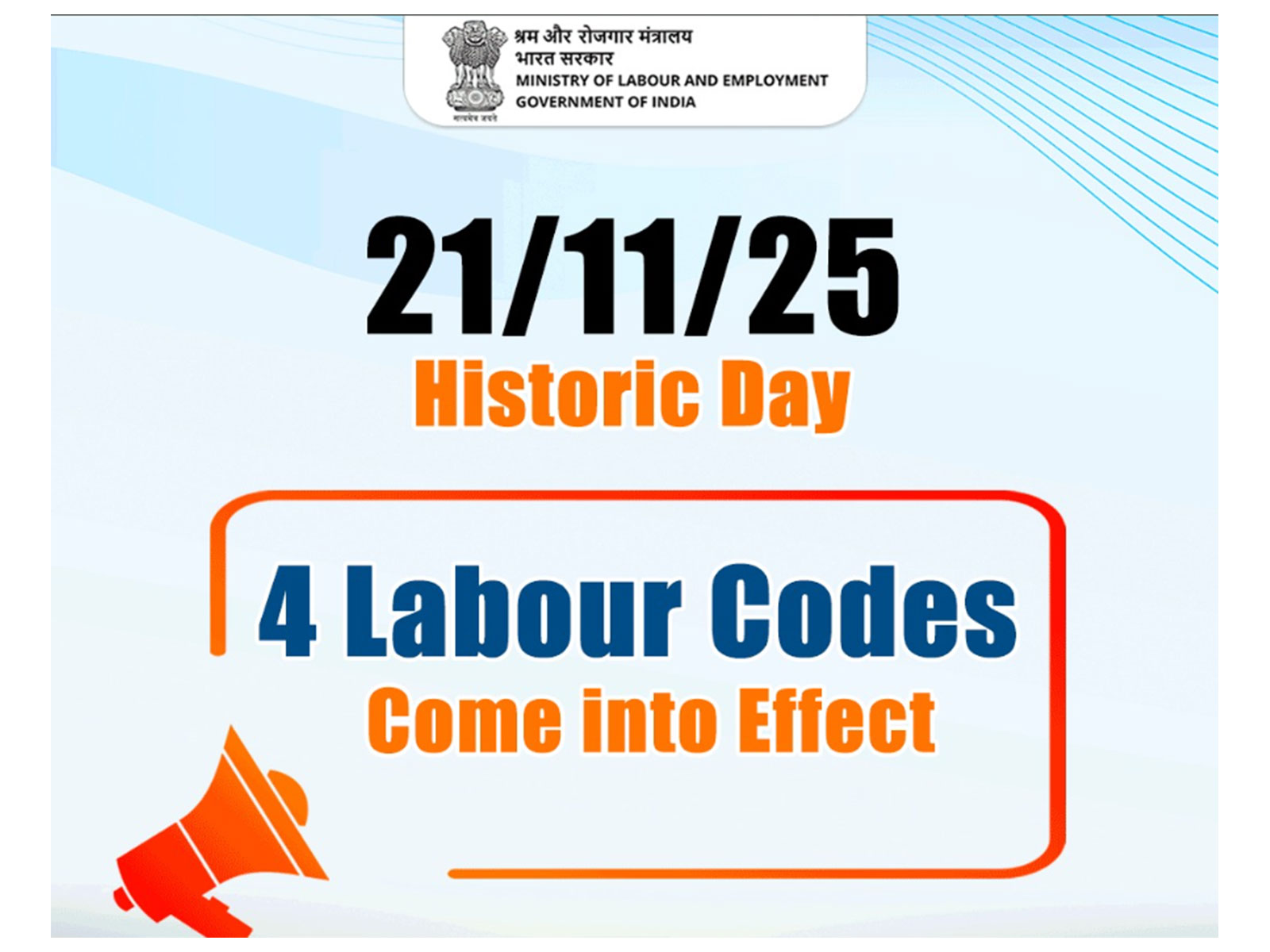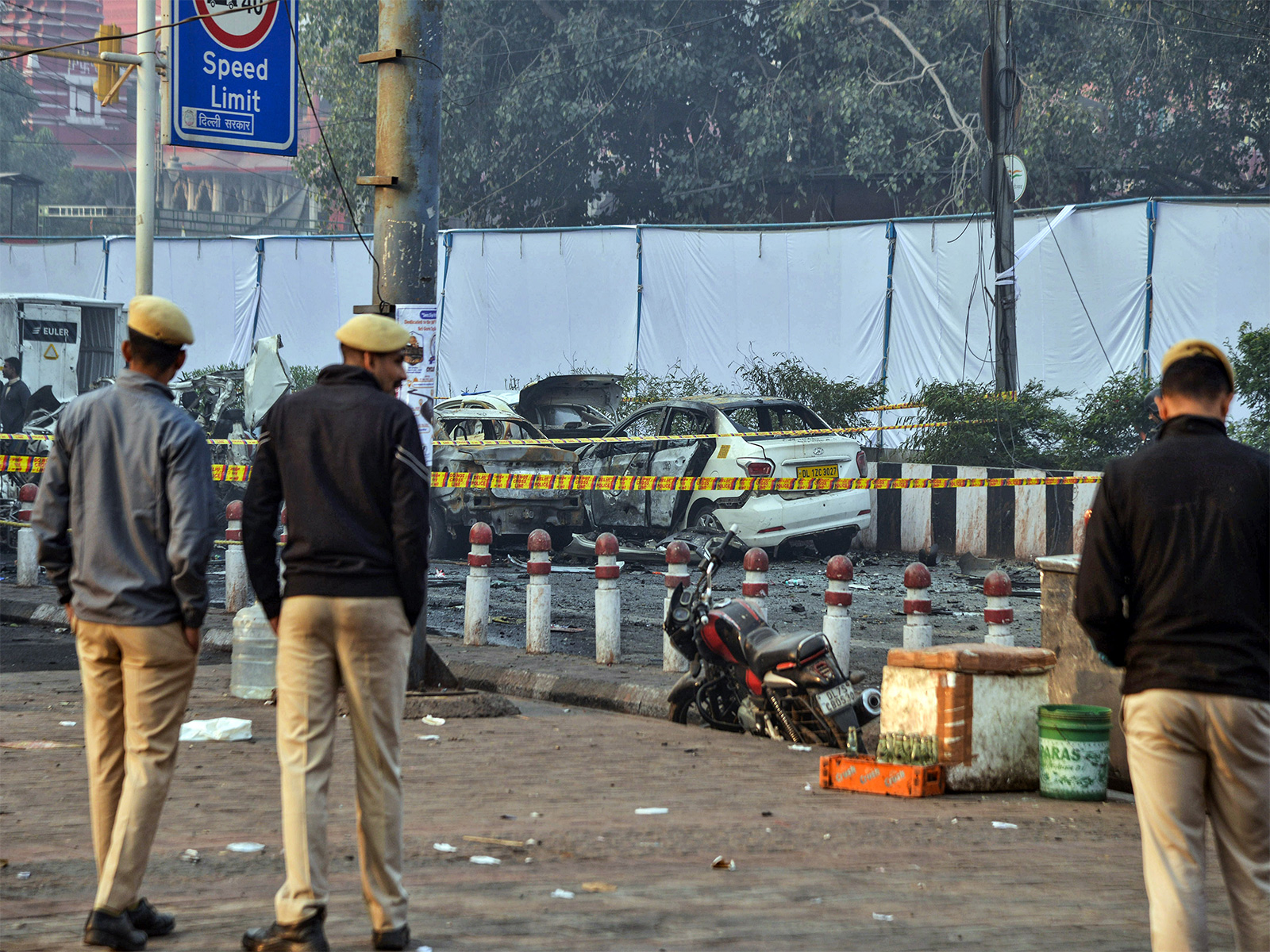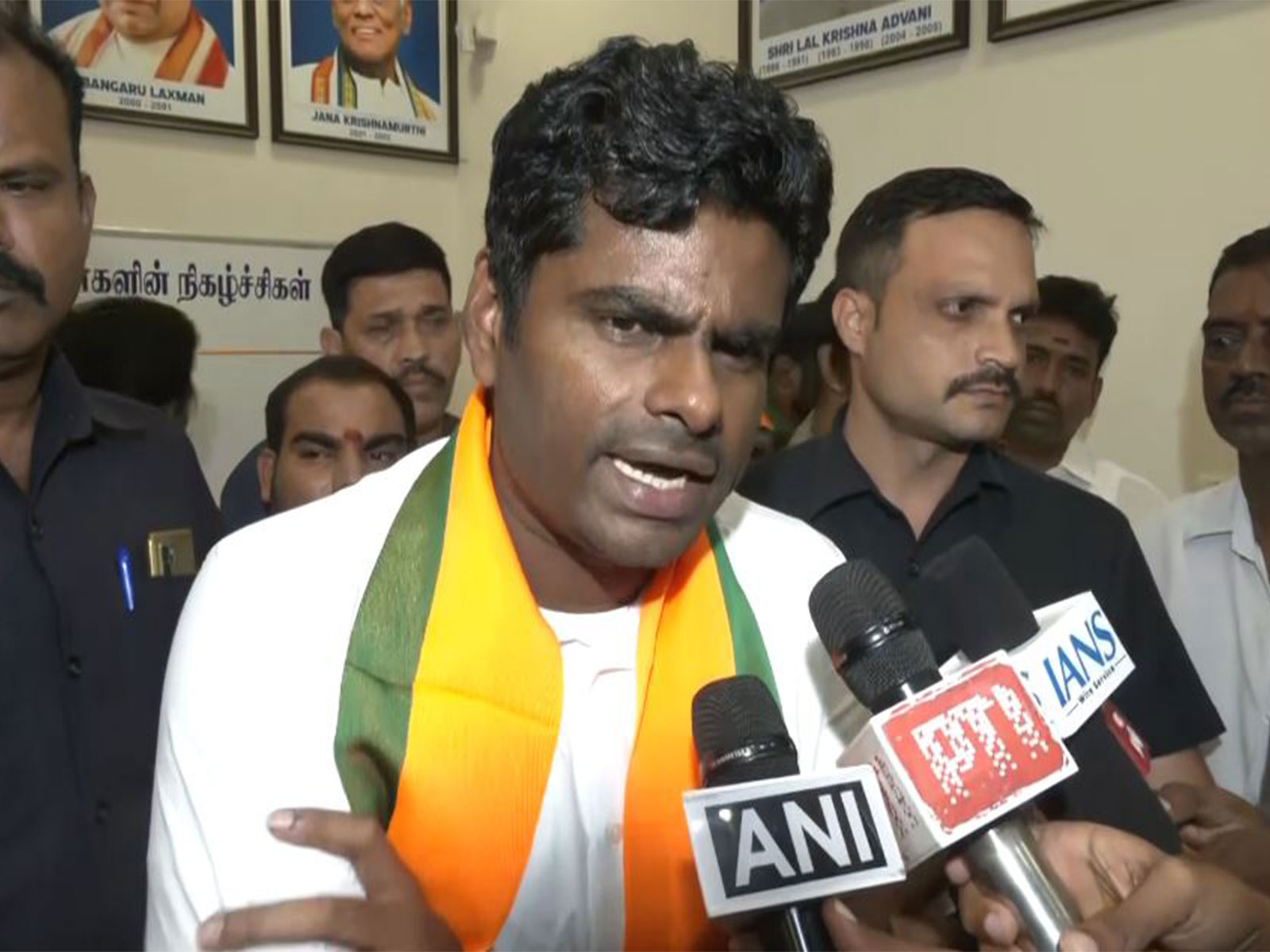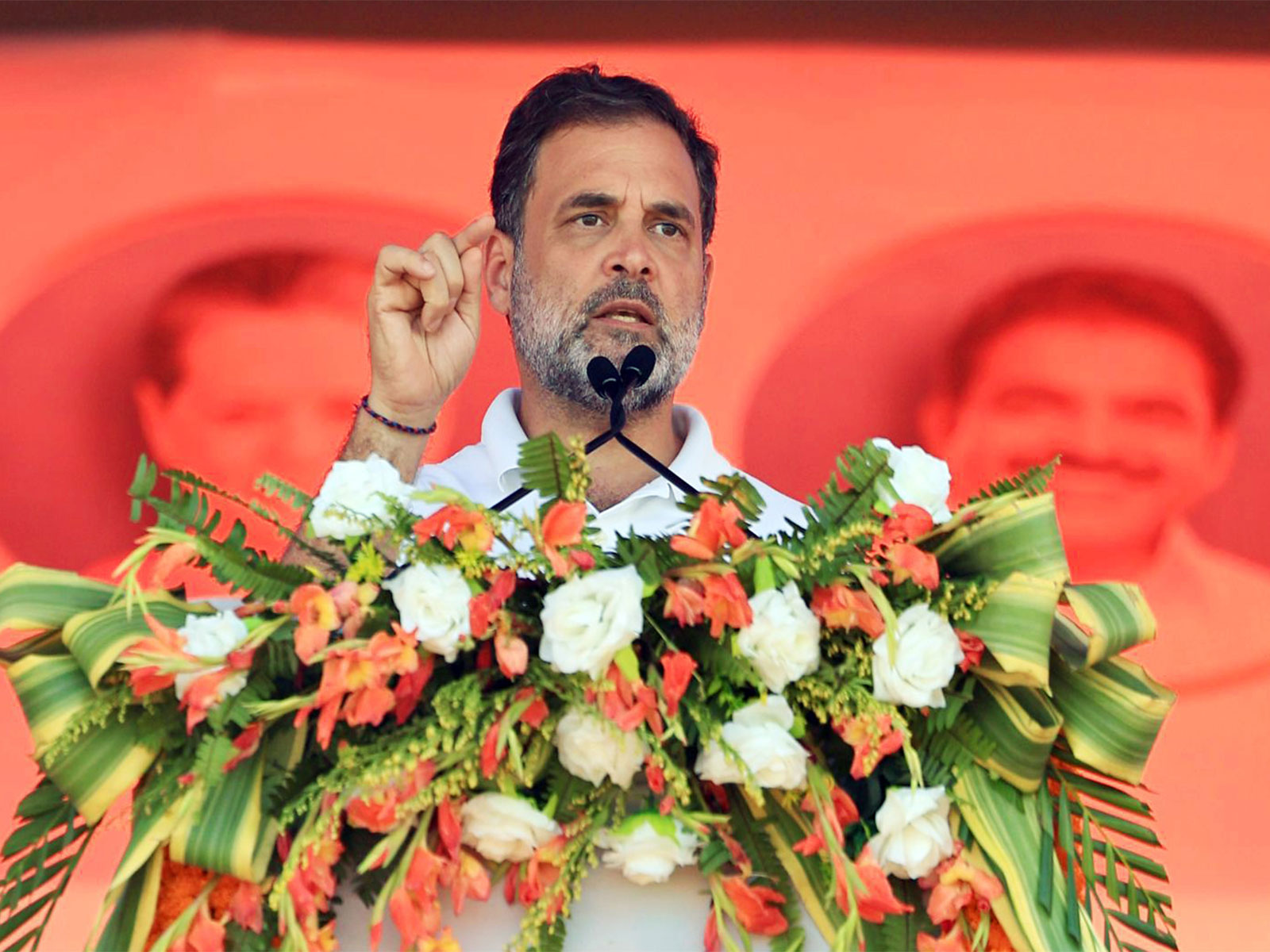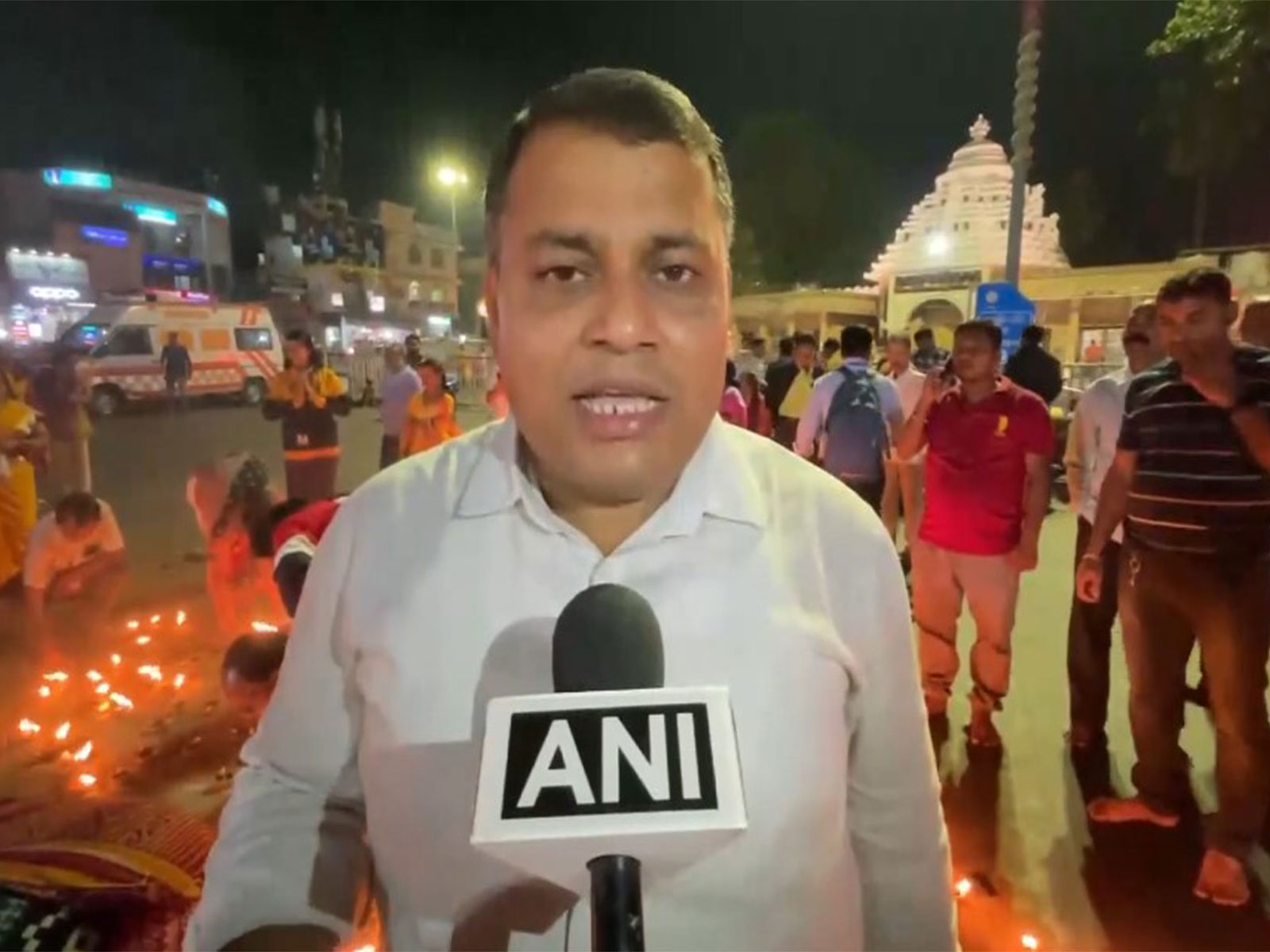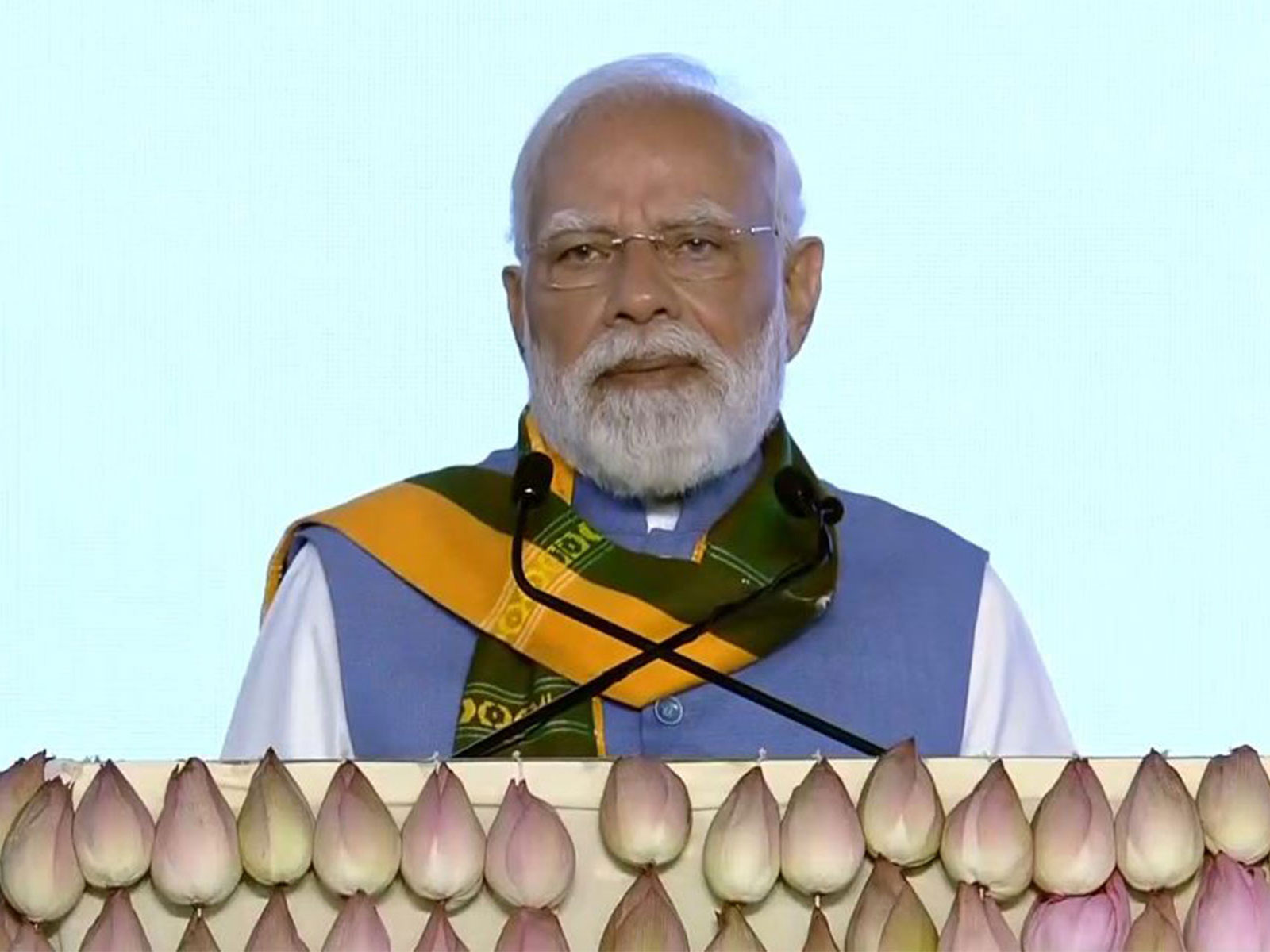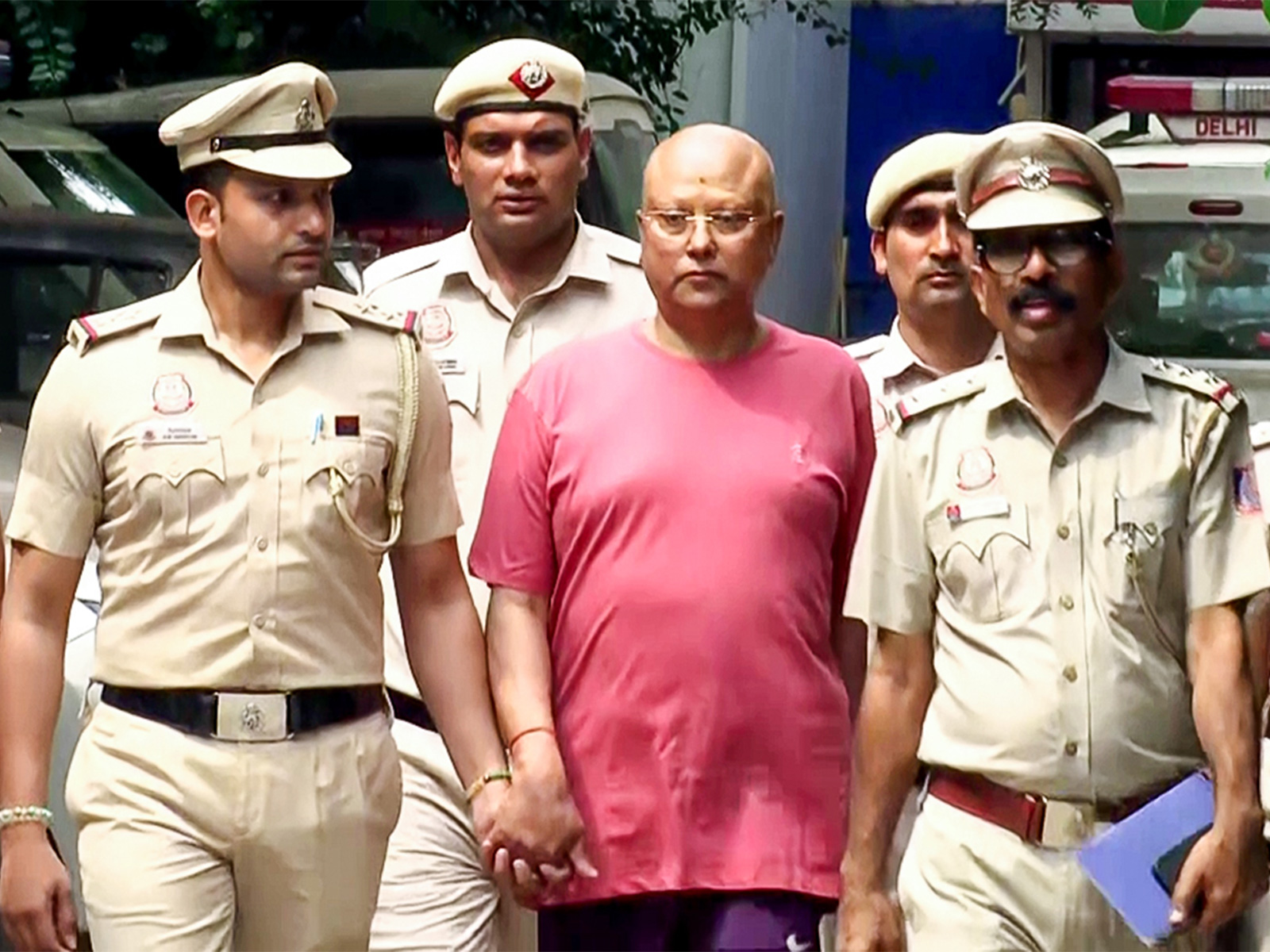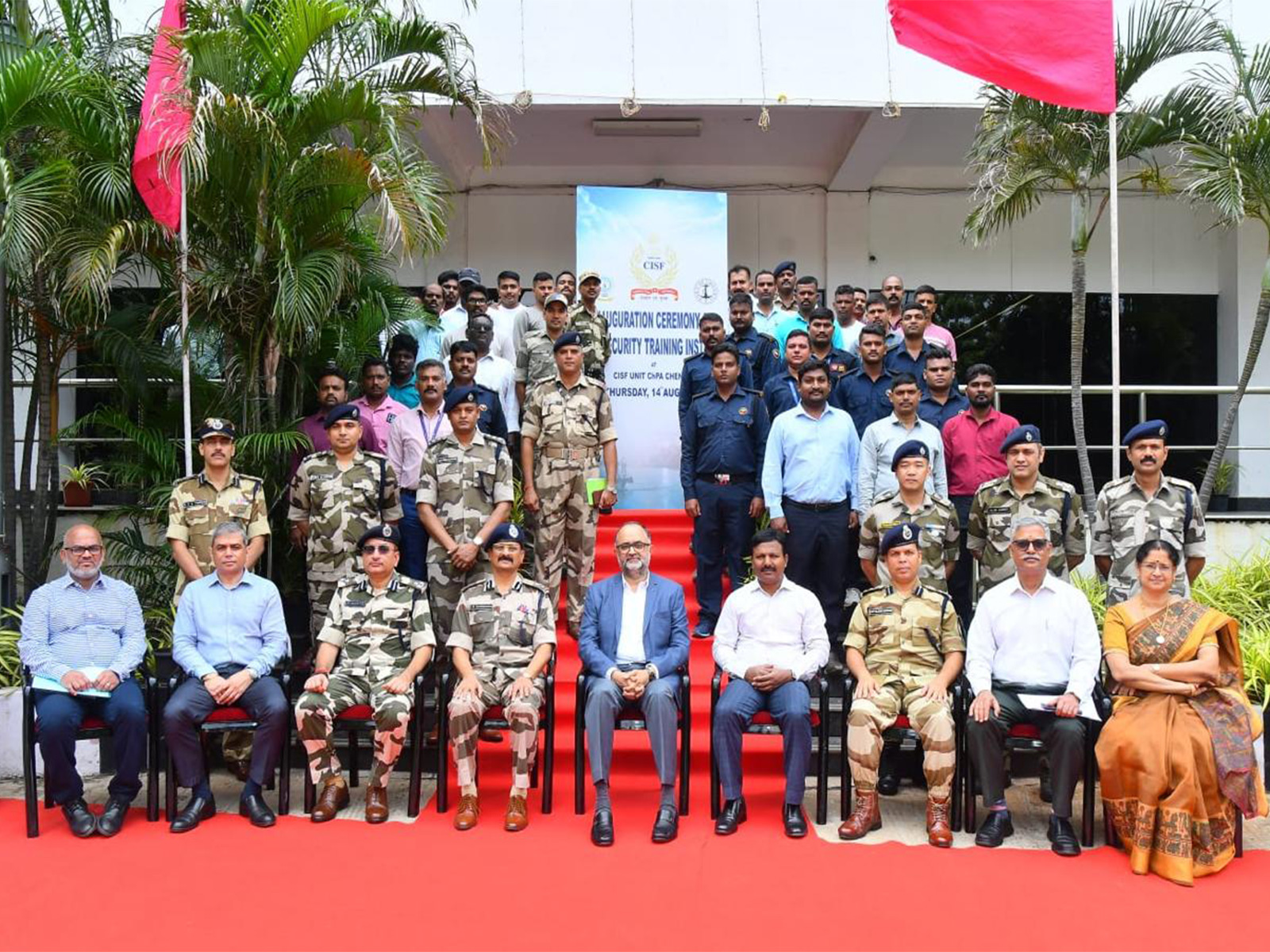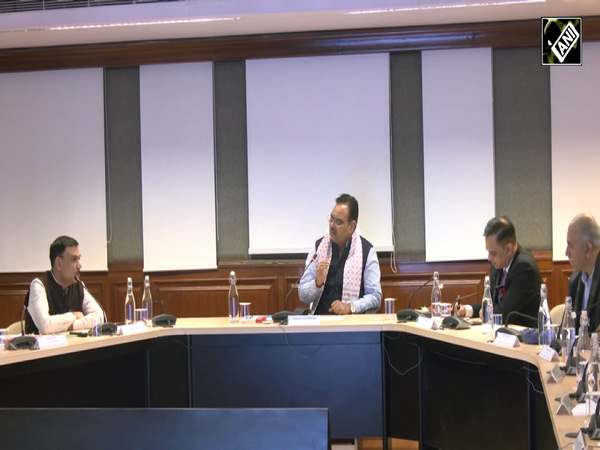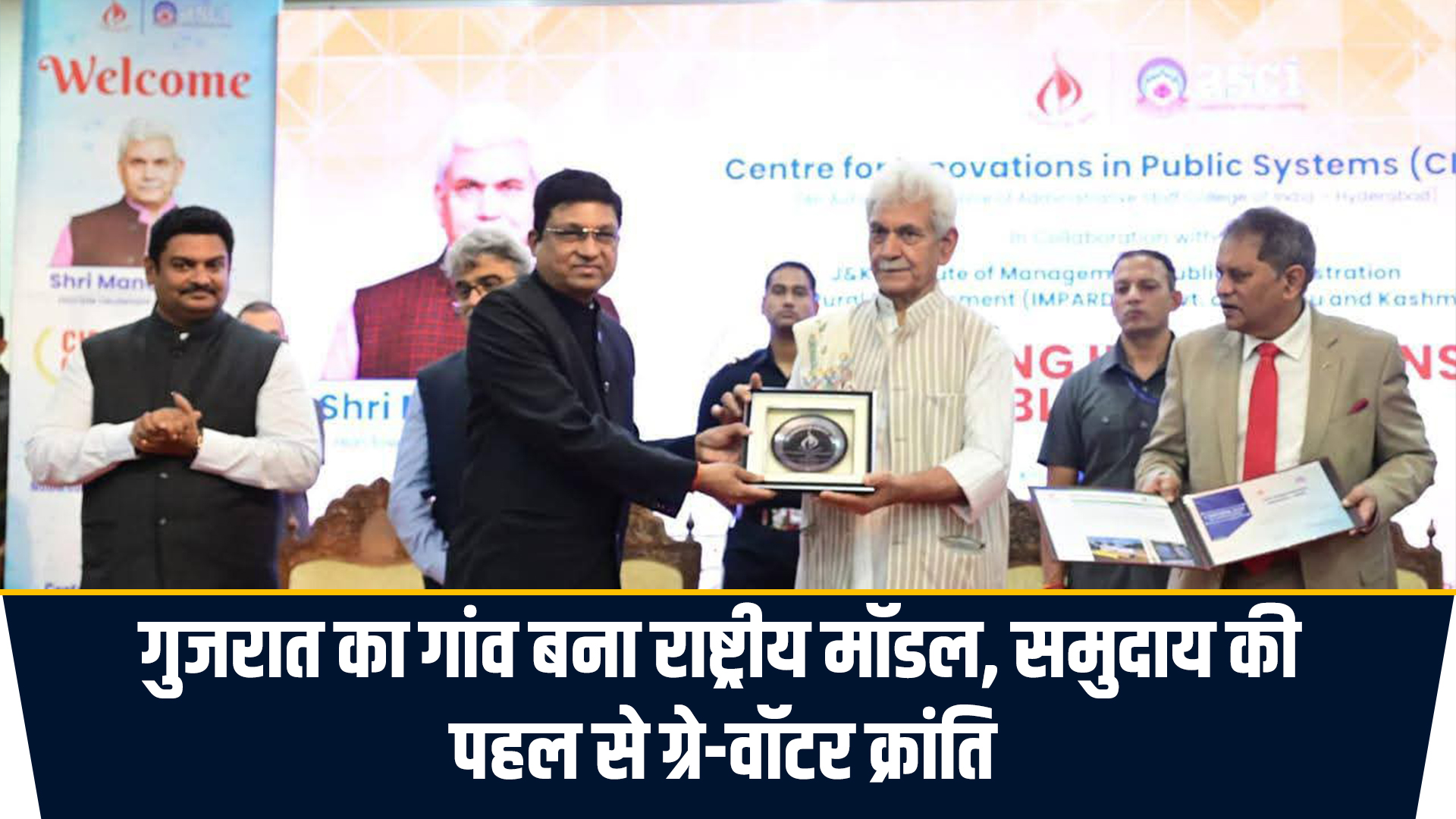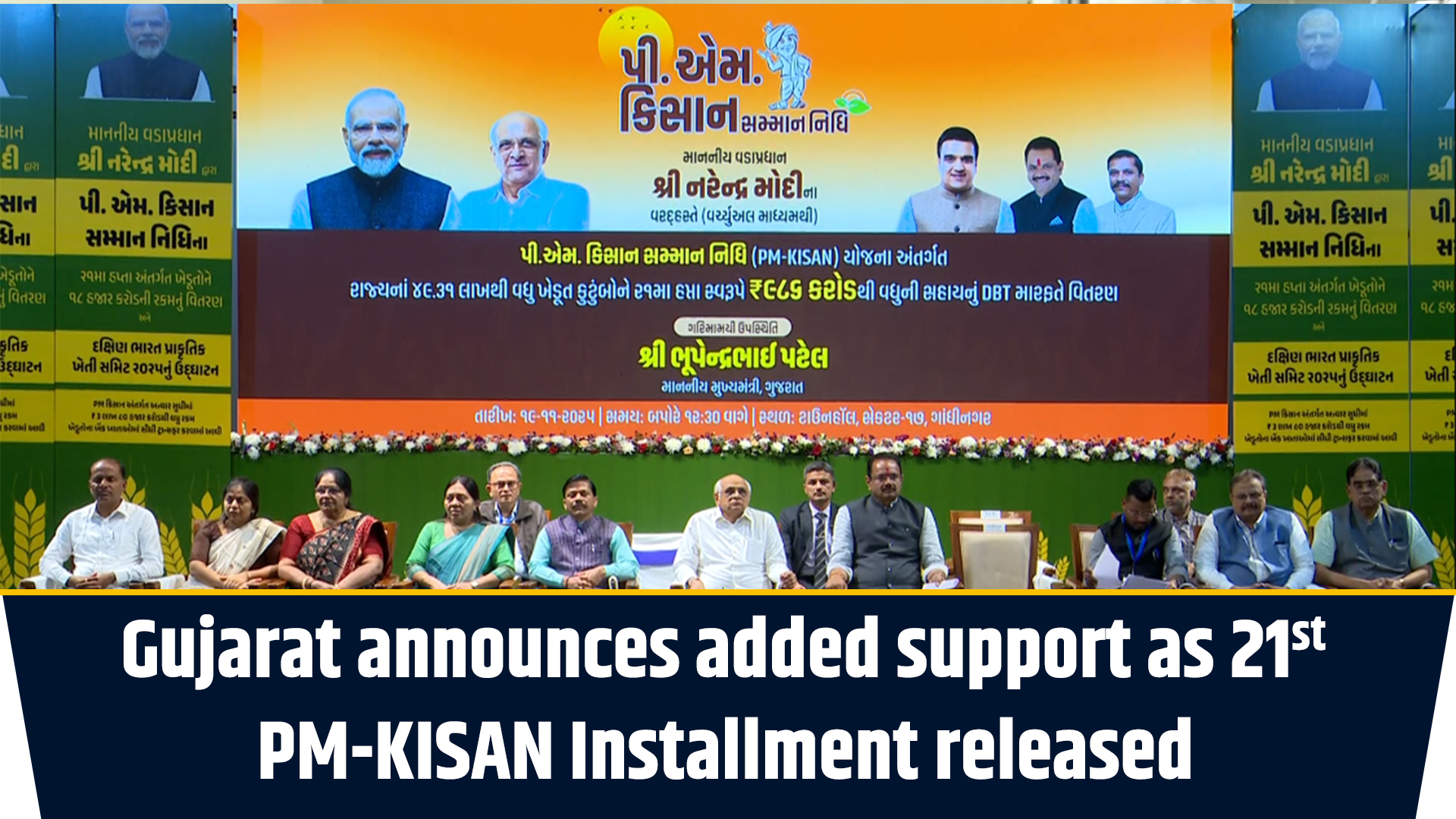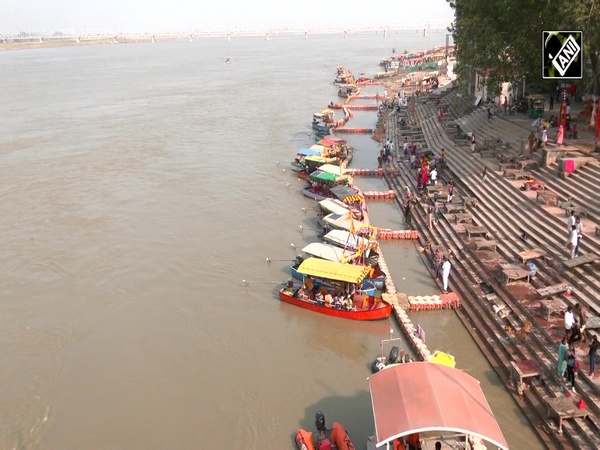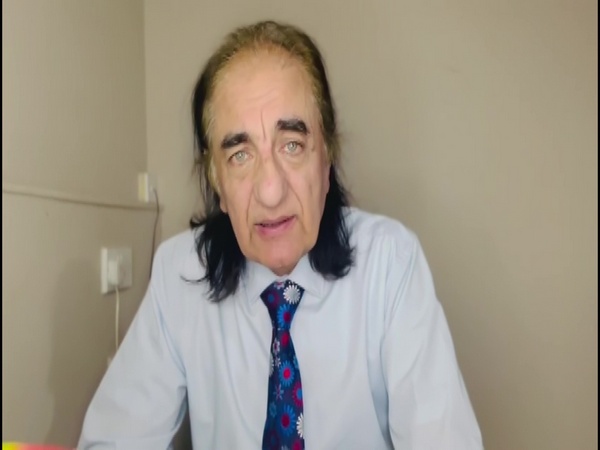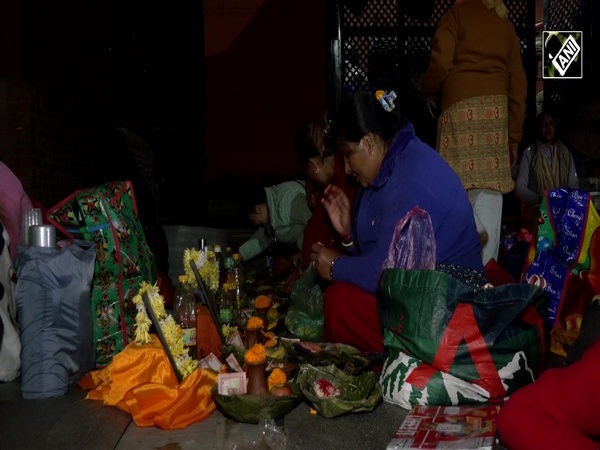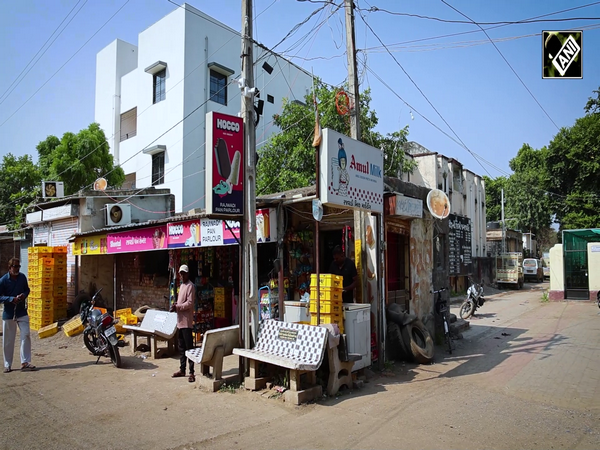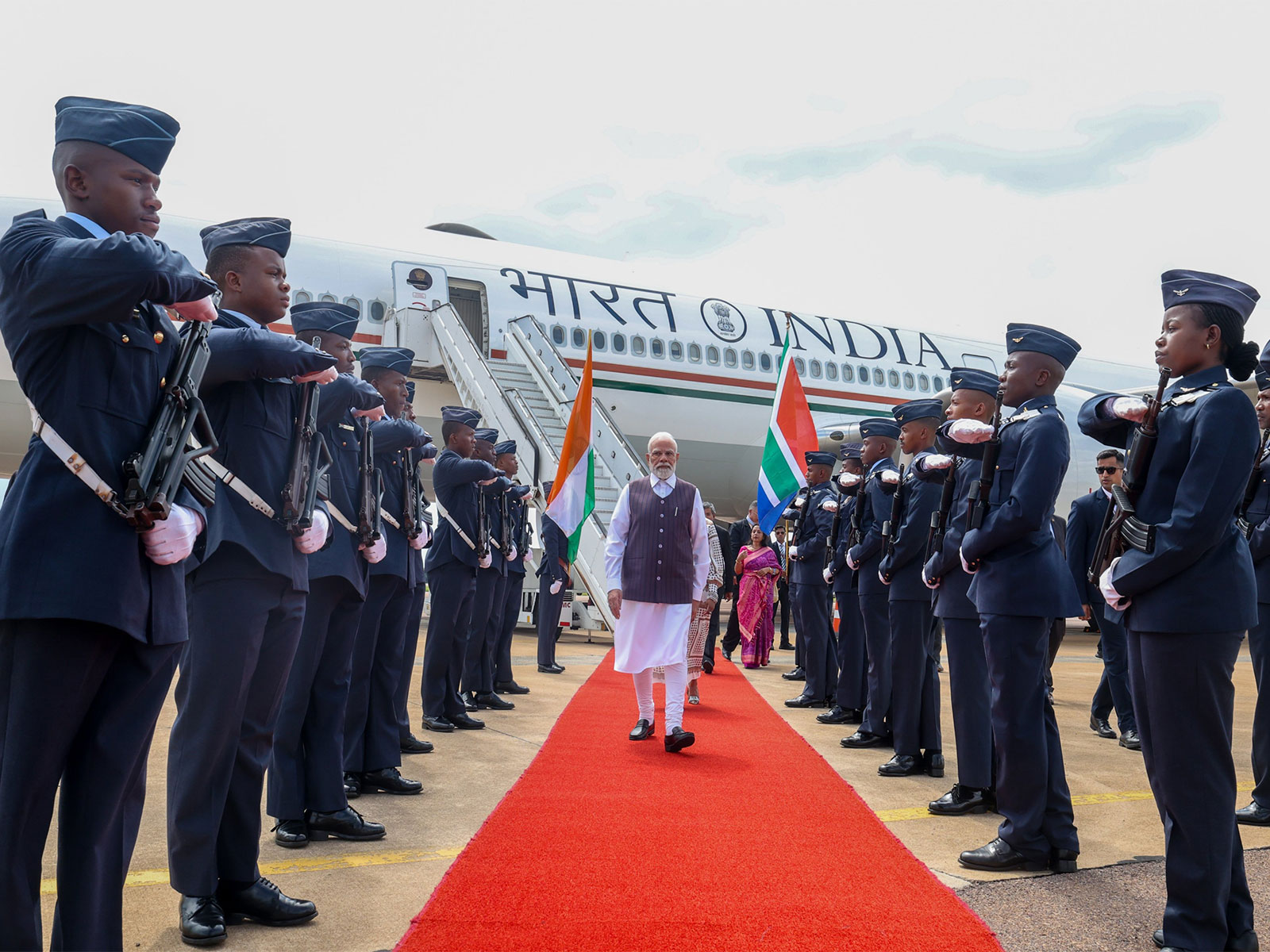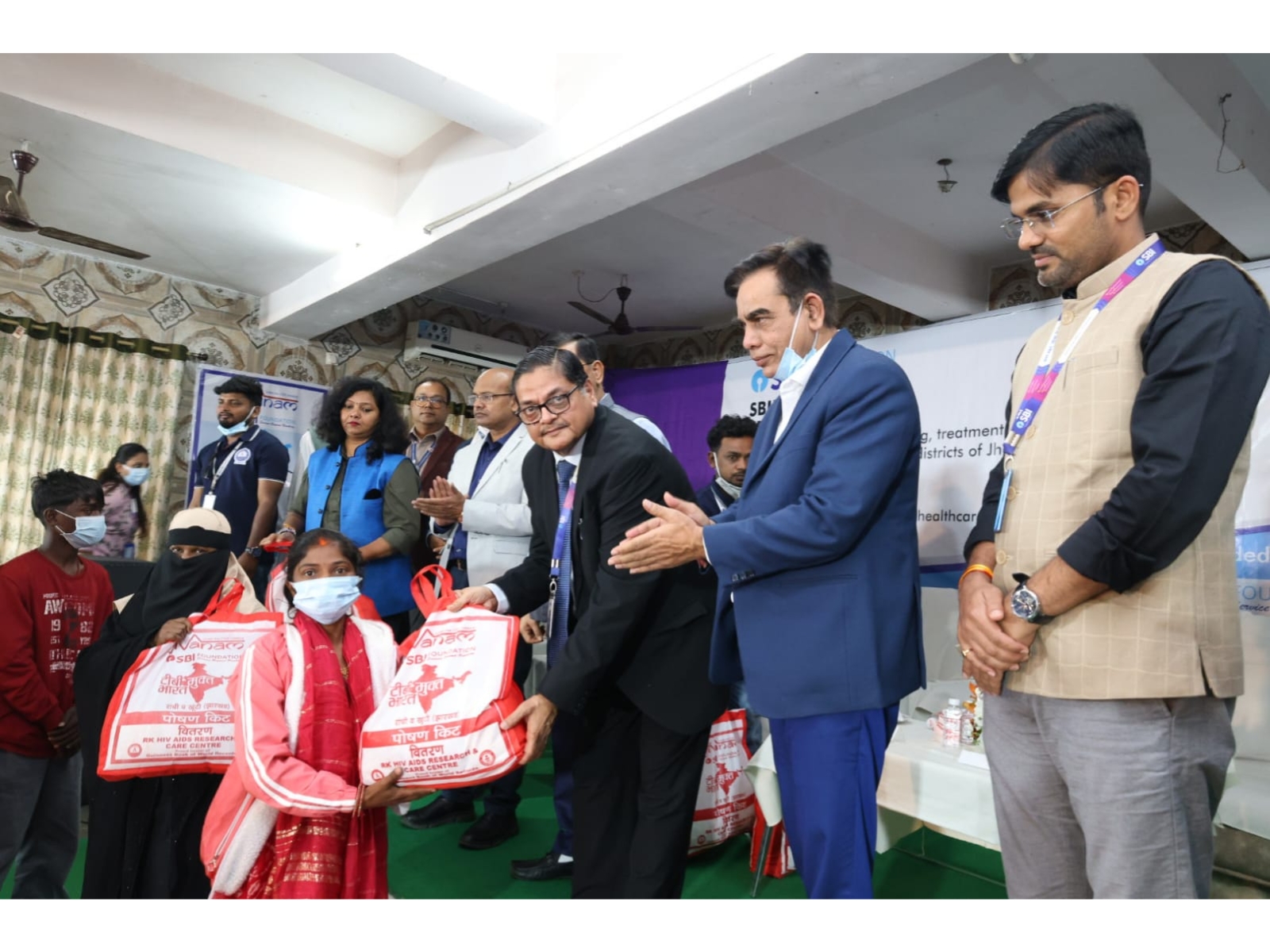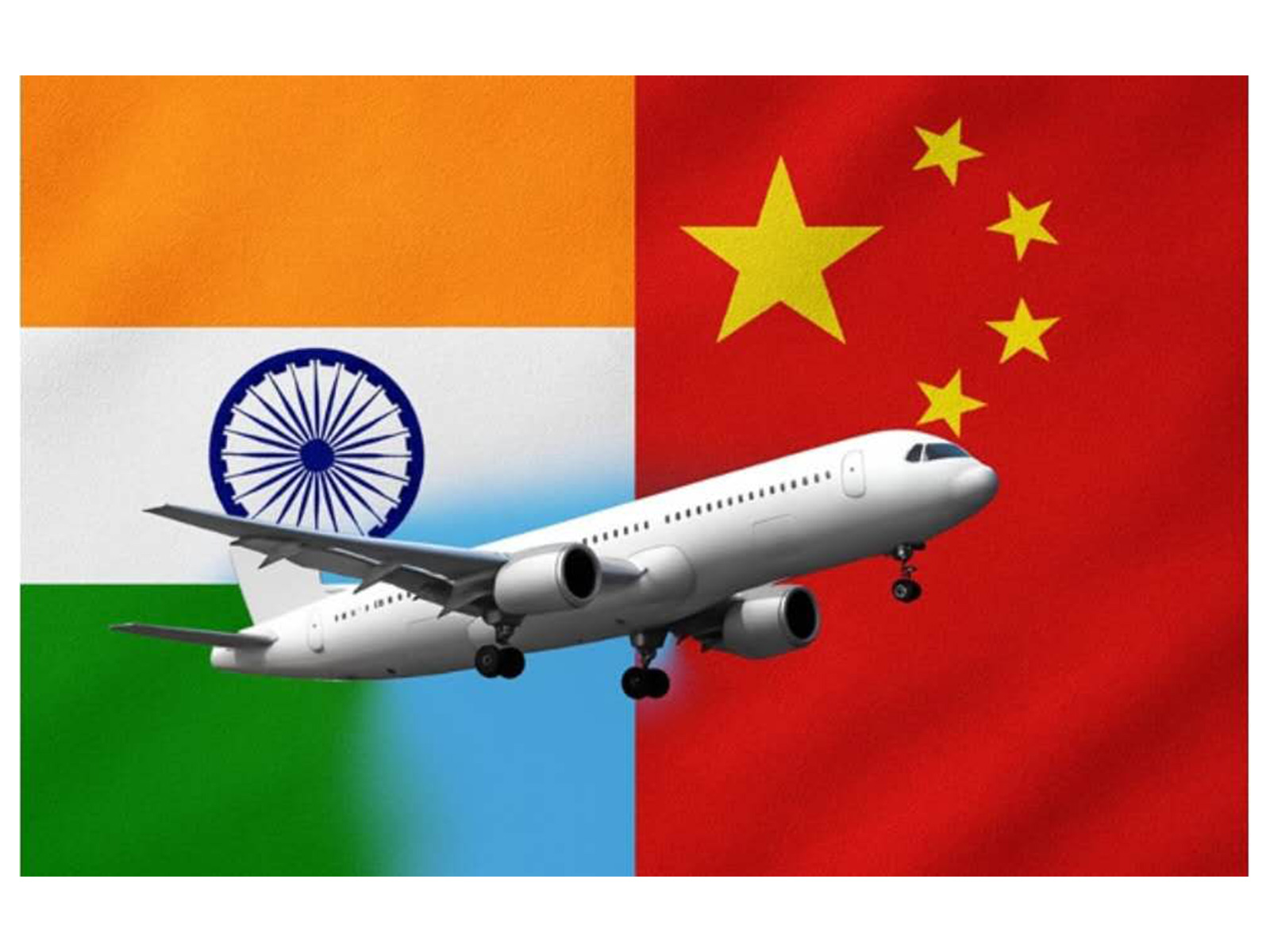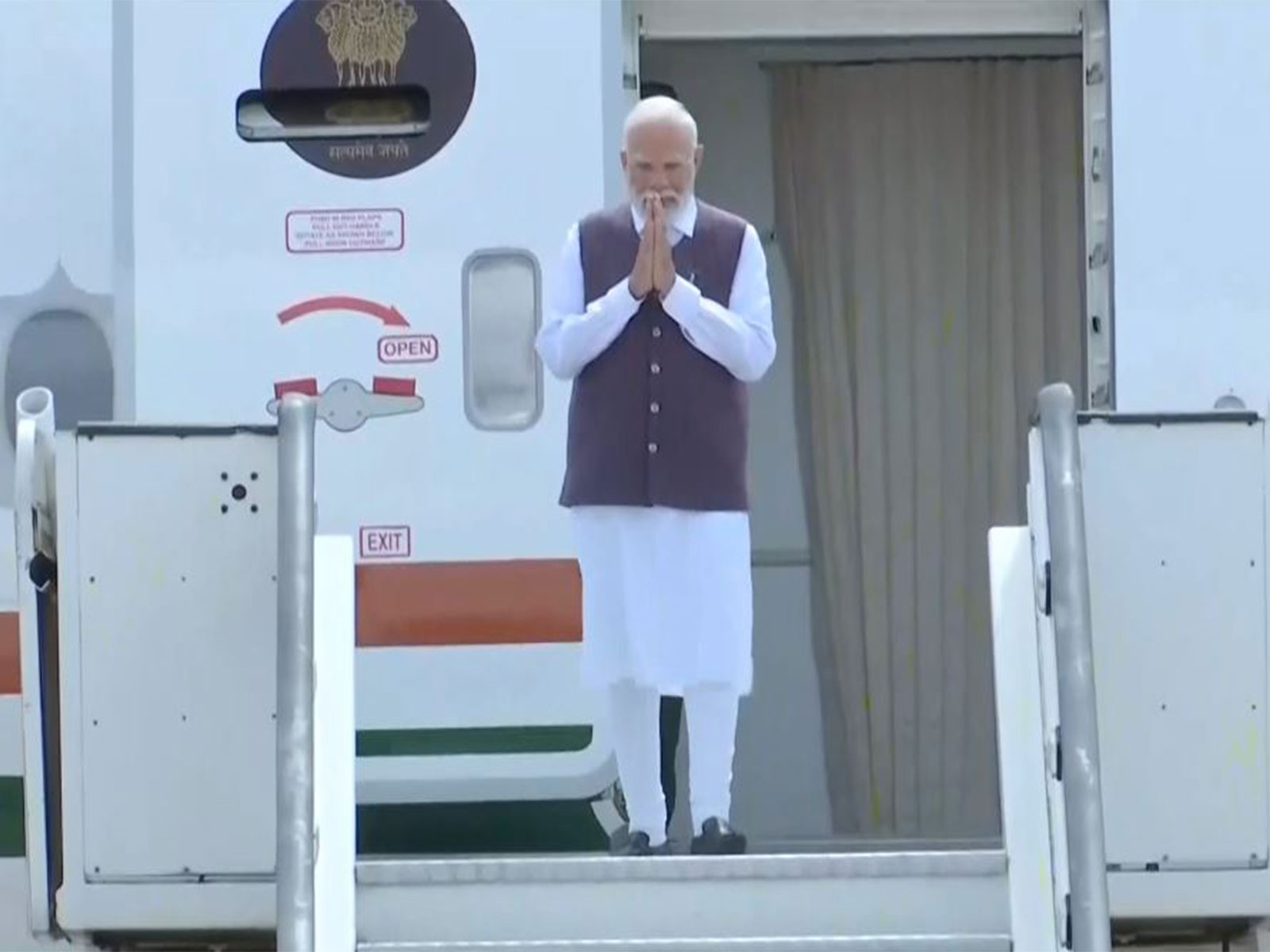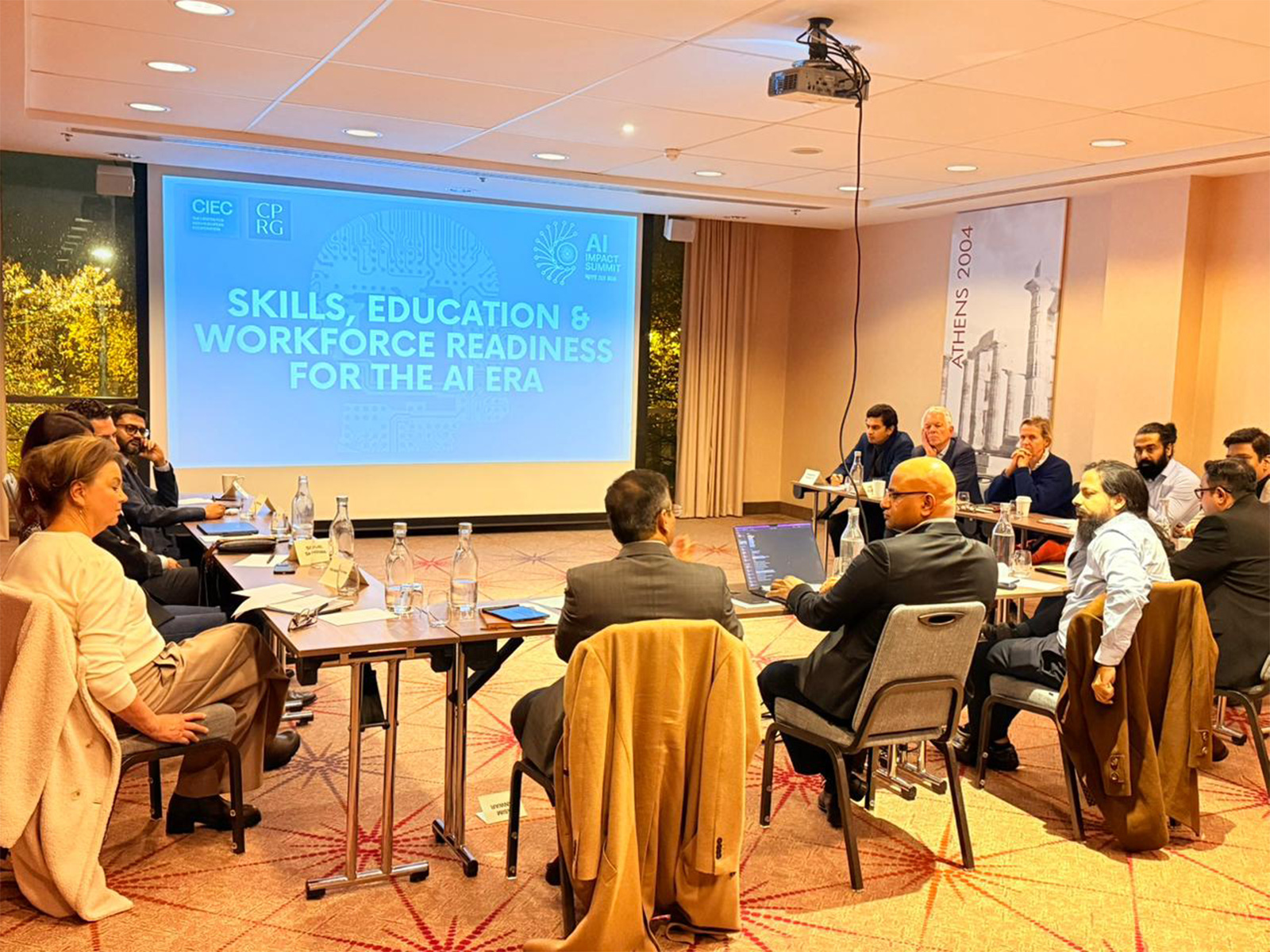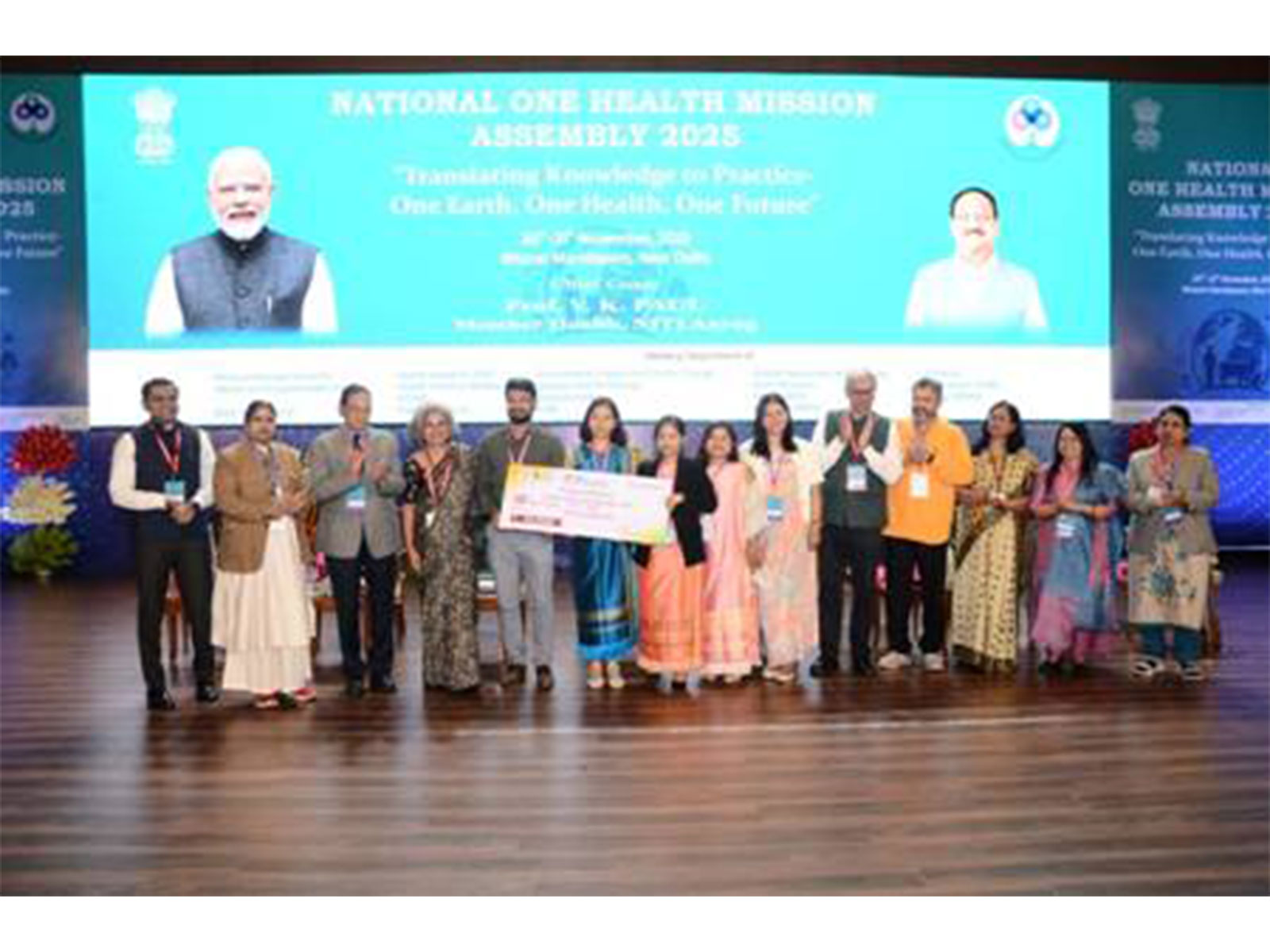
National One Health Mission Assembly concludes successfully, reinforcing collaborative action for preparedness, Viksit Bharat
Nov 21, 2025
New Delhi [India], November 21 : The two-day National One Health Mission Assembly 2025 concluded successfully at Bharat Mandapam on Friday.
The second day featured focused technical deliberations that further strengthened the collective national effort to build an integrated and resilient One Health ecosystem. The Assembly convened senior officials from key ministries, scientific bodies, development partners and implementation agencies, underscoring the importance of coordinated action across human, animal and environmental health.
Following a strong start on Day 1 during which senior leadership across government reaffirmed their commitment to joint stewardship and whole-of-government collaboration, today's sessions sustained that momentum through deeper scientific, operational and programmatic discussions. These dialogues advanced shared priorities and laid the groundwork for enhanced preparedness, rapid response capabilities, and long-term One Health integration across sectors.
The day's proceedings were led by senior national and international experts. Dr VK Paul, Member (Health), NITI Aayog, set the tone with a call for sustained collaboration, system preparedness and stronger national capacities. He was joined by Dr Rajiv Bahl, Secretary, Department of Health research and Director General, ICMR and Dr Rajesh S Gokhale, Secretary of the Department of Biotechnology, who highlighted the importance of innovation, translational science and integrated surveillance.
Contributions from Scott Newman of Food and Agriculture Organization (FAO) and Vandana Jain, Joint Secretary, Ministry of Health and Family Welfare reinforced the value of multisectoral engagement and global cooperation.
Experts from institutions such as DRDO, ICAR, THSTI, CEPI, FIND, AYUSH and the International Vaccine Institute also participated, bringing diverse scientific and implementation perspectives to the discussions.
Speaking at the Assembly, Dr Vinod Kumar Paul, Member (Health), NITI Aayog, said, "India's progress in One Health relies on a strong whole-of-government approach that advances a healthier and more resilient future. Community participation remains central to this effort. The media plays a crucial role in shaping public understanding and addressing misinformation, while our law and order systems serve as vital force multipliers during emergencies. Strengthening these partnerships will ensure timely, trusted and coordinated action when it matters most."
Dr Paul underscored that community engagement is the foundation of early disease detection, surveillance and rapid response, and highlighted that community-led mobilisation was one of India's greatest strengths during the COVID-19 pandemic. He stressed that One Health preparedness must extend to the grassroots, where frontline workers, local governments and communities form the first line of defence. He also noted that India's One Health journey has now reached an important inflection point, with the Assembly successfully bringing together diverse stakeholders to advance integrated action across sectors.
Dr Rajiv Bahl, Secretary, Department of Health Research and Director General, ICMR, stated, "We need science, technology and development to work in unison. The goal is not only to build diagnostics, therapeutics and vaccines for future outbreaks, but to do so with speed. By bringing together experts from across sectors, the National one Health Mission platform is helping shape a more agile, prepared and responsive ecosystem for managing current and future public health threats."
Dr Rajesh S Gokhale, Secretary, Department of Biotechnology, noted, "COVID-19 was a watershed moment that exposed both the fragility and the global interdependence of our technological future. What is now clear is that the triad of intelligence -- biological, artificial and natural -- will redefine all future technologies. Their convergence will drive a scale and speed of innovation that is difficult to imagine today. Harnessing this potential will be central to strengthening India's One Health and bioscience capabilities."
In the discussions on medical countermeasures, experts from leading national and international research institutions underscored the need to accelerate the development of vaccines, diagnostics and therapeutics that can rapidly respond to emerging threats. They emphasized building agile research platforms, strengthening regulatory systems for emergency use, and expanding collaborations between scientific agencies, industry and global partners. State governments added practical insights, sharing experiences on implementing surveillance systems, inter-departmental coordination and operational readiness at the field level.
Conversations on capacity building and community engagement further highlighted that a strong One Health system depends on skilled human resources, trusted institutions and empowered communities. Experts from wildlife health, public health training, community-based research and health systems development stressed the need for multi-tiered training architectures, integration of One Health into professional education, and sustained community partnerships. State governments shared diverse implementation experiences that demonstrated the importance of tailored community engagement strategies and locally adapted solutions.
The day also featured an exhibition showcasing India's expanding One Health capabilities. Institutions demonstrated innovations in surveillance, biosafety, digital platforms, laboratory networks and collaborative research efforts, reflecting the country's growing technological and scientific capacity. A felicitation ceremony was held for the National One Health Hackathon, which invited tech-driven and community-focused solutions to strengthen India's One Health Mission, bringing together multidisciplinary student and early-career teams to develop practical prototypes addressing real-world One Health challenges.
The deliberations concluded with a shared recognition that One Health is essential to achieving the national vision of Viksit Bharat. By advancing scientific excellence, enabling cross-sectoral cooperation and strengthening preparedness across all levels of the system, India continues to move towards a safer and more resilient future.
